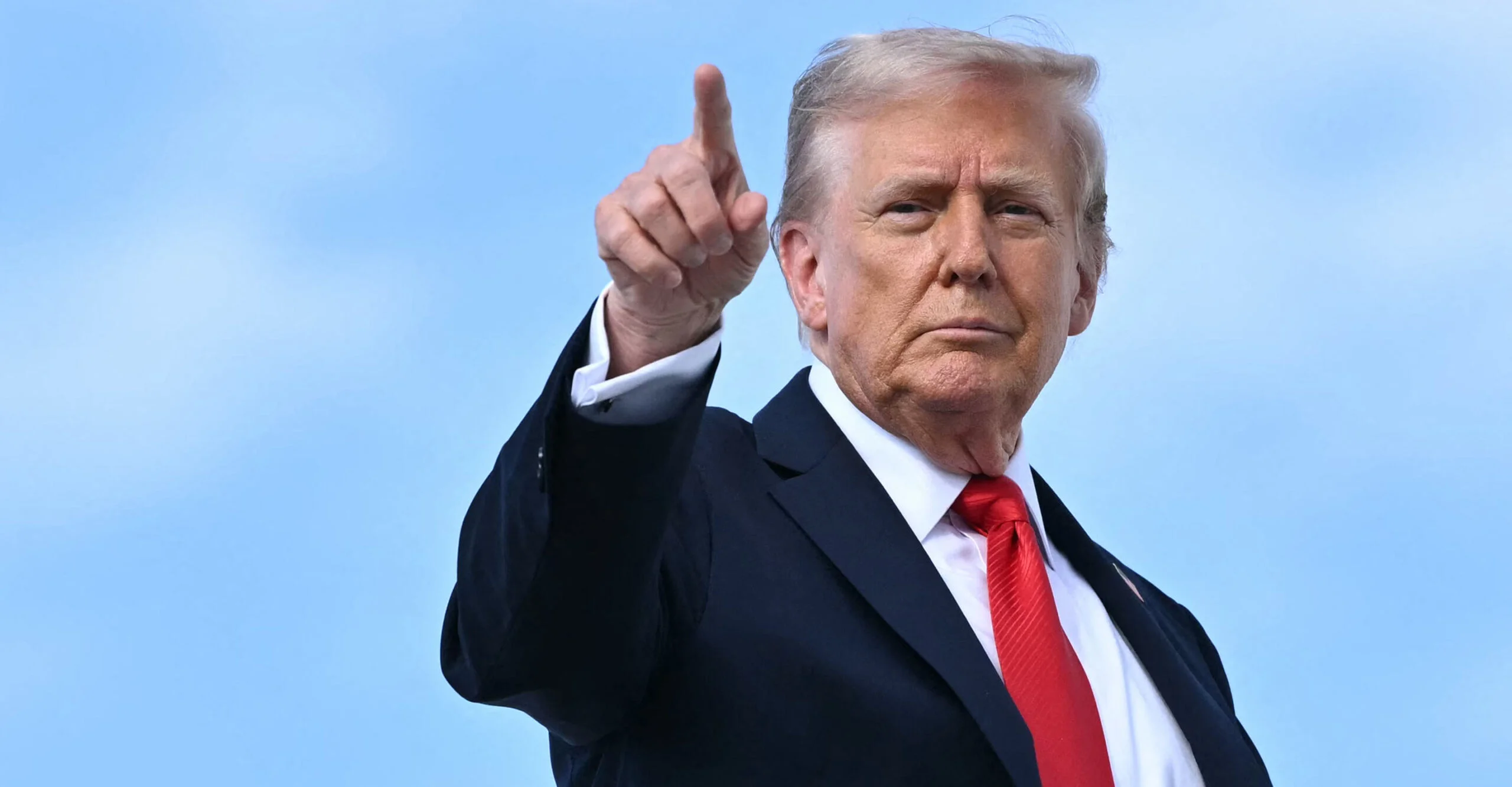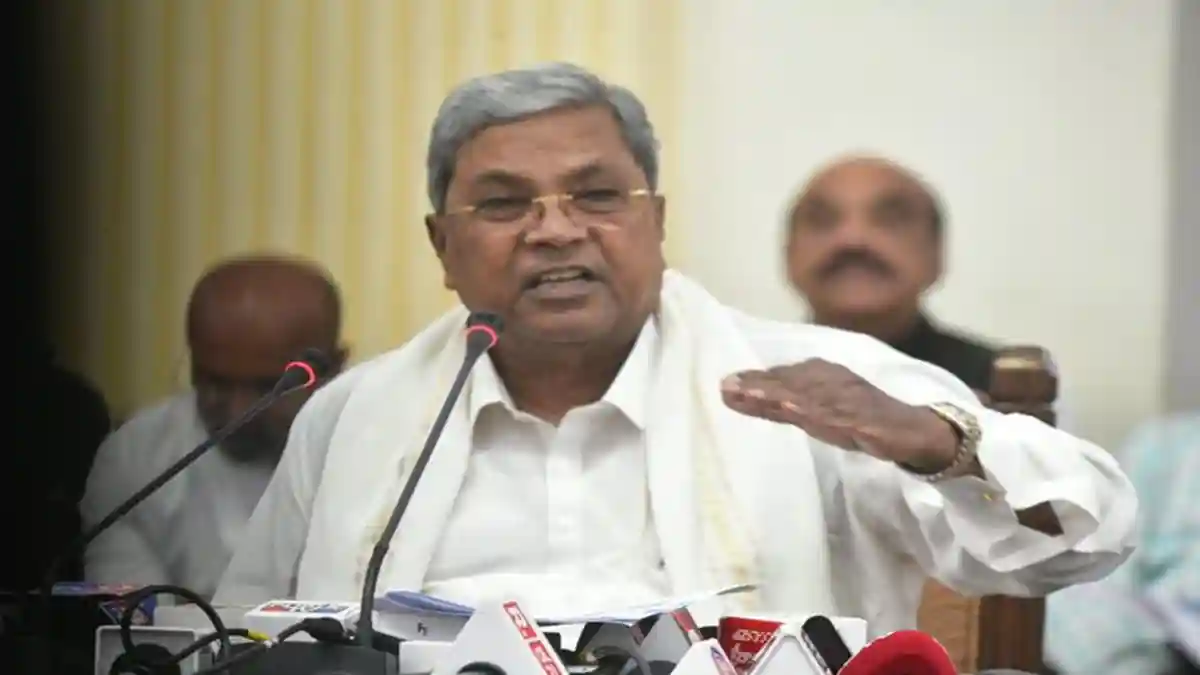By Matthew Cheng
Copyright scmp

Permanent secretaries of government bureaus will not escape scrutiny even though a proposed new accountability system is targeting department heads, as investigations under the mechanism will cover “all civil servants”, Hong Kong’s leader has said.
Chief Executive John Lee Ka-chiu offered more clarity on Thursday on the new “Heads of Department Accountability System”, which he announced in his annual policy blueprint the previous day and will penalise underperforming senior civil servants and address internal deficiencies.
Under a proposed two-tier investigation system, a department head will be responsible for handling an investigation to identify deficiencies and take disciplinary action against underperforming officers in general cases.
The Public Service Commission, a statutory body advising on public service matters, will gain the power to conduct independent investigations into serious cases, or those that are widespread, repetitive and systematic, or when the department head concerned is said to be implicated in the problem as well.
At a question and answer session on Thursday, lawmaker Nixie Lam Lam, chairwoman of the legislature’s public service panel, asked Lee whether the most senior level of civil servants – permanent secretaries – would be covered by the proposed system.
She expressed concern that there would be loopholes if the new system did not apply to permanent secretaries.
“For permanent secretaries, it should not be ‘none of their business’,” she said. “I do not believe it works that way and the system should cover the entire civil service.”
In response, Lee said that independent, fair and rigorous investigations conducted by the commission would scrutinise even the top-level public servants.
“Even though when we first look at the problem it may not have reached the highest-ranked civil servants, the probe will still scrutinise all public servants, which is comprehensive,” he said.
The city’s leader reiterated that the mechanism aimed to enhance governance, foster efficient management and establish a strong organisational culture, as he highlighted the important roles of departments in executing government policies drafted by bureaus.
“If every department head manages effectively, it is like each general and their soldiers are capable of fighting and winning battles,” he said. “As the commander, I oversee the generals.”
Li Kwai-yin, president of the Hong Kong Chinese Civil Servants’ Association, warned that the well-intentioned mechanism might foster a conservative and risk-averse culture.
She highlighted concerns that investigative procedures, which could scrutinise civil servants at all ranks, might particularly affect mid-level officials who were sandwiched between senior and junior staff.
“Mid-level civil servants are implementers who supervise their subordinates and junior civil servants while following instructions from department heads. They may still take blame when issues arise,” she said.
“Frontline staff must execute policies, even if their views go unheard. If problems arise, should they bear the responsibility?”
Li urged the government to promptly explain the new mechanism and consult civil servants to alleviate their concerns.
Lee first floated the idea of introducing a new mechanism to hold senior civil servants accountable in June.
Discussions on the idea were renewed after authorities became embroiled in a bottled water procurement scandal, in which the Government Logistics Department awarded the contract to a company that allegedly used fraudulent documents.
University of Hong Kong Emeritus Professor John Burns, who specialises in public administration, called for a “carrot and stick” approach to introduce a reward system in tandem, which could appease public servants and incentivise them.
“This accountability system is focusing only on the sticks and punishment, it is not focusing on rewards for doing a good job. I think it should focus on both,” he said.
“It does not necessarily have to be financial rewards, it can be accelerated promotions.”
He said the accountability system should look beyond individual responsibility as civil service duty was teamwork, while it could regulate all directorate officials, which included permanent secretaries.



